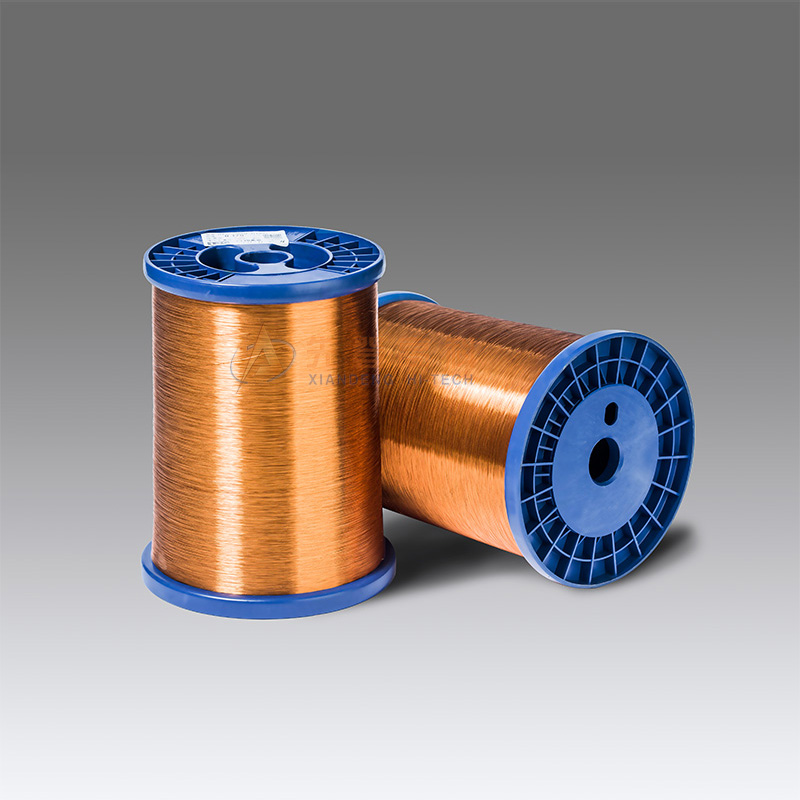

CCA wire substitutes the traditional copper wire with a […]
CCA wire substitutes the traditional copper wire with a copper coating on an aluminum core, enabling the utilization of aluminum's lightweight nature for improved flexibility and cost-effectiveness without compromising electrical conductivity. Its unique composition offers numerous advantages over conventional copper wire, making it an attractive alternative for various applications.
The primary advantage of CCA wire lies in its economic merits. Depending on the wire's diameter, CCA wire can be up to 40-50% cheaper than pure copper wire, significantly reducing material costs for manufacturers. Additionally, the lighter weight of aluminum used in CCA wire reduces transportation costs, leading to further cost savings throughout the supply chain. These benefits have caught the attention of industries seeking to optimize their operations without sacrificing performance.
Apart from its cost advantages, CCA wire boasts impressive electrical conductivity properties, albeit slightly lower than pure copper wire. However, advancements in technology have allowed manufacturers to optimize the copper-to-aluminum ratio, minimizing the conductivity difference and ensuring CCA wire meets industry standards. This makes it a viable and reliable solution for various electrical applications.
One sector that stands to benefit immensely from CCA wire is power distribution. Electrical grids can utilize CCA wire in overhead transmission lines, reducing material costs while maintaining adequate power transmission capacity. CCA wire's lightweight nature allows for longer spans between support towers, lowering installation and maintenance costs. In the telecommunications industry, CCA wire offers similar advantages, enabling telecommunication companies to expand their networks more economically.
The automotive industry is also recognizing the potential of CCA wire. As electric vehicles grow in popularity, reducing their weight and improving efficiency becomes crucial. CCA wire offers a lighter and more cost-effective alternative to the copper wiring traditionally used in vehicles, enabling manufacturers to enhance overall performance while reducing operational expenses.
CCA wire does face certain challenges. Concerns surround long-term reliability and potential corrosion issues due to the dissimilar materials. To address these concerns, manufacturers have implemented improved copper cladding techniques and protective coatings to enhance durability and longevity.
Copper Clad Aluminum wire is poised to disrupt the electrical industry, offering unprecedented cost savings, improved performance, and environmental benefits. As technology continues to advance and demands grow, CCA wire's potential applications will expand, contributing to a more sustainable and efficient future in various sectors. With ongoing research and development, the electrical industry could witness a significant shift toward this innovative wiring solution.
